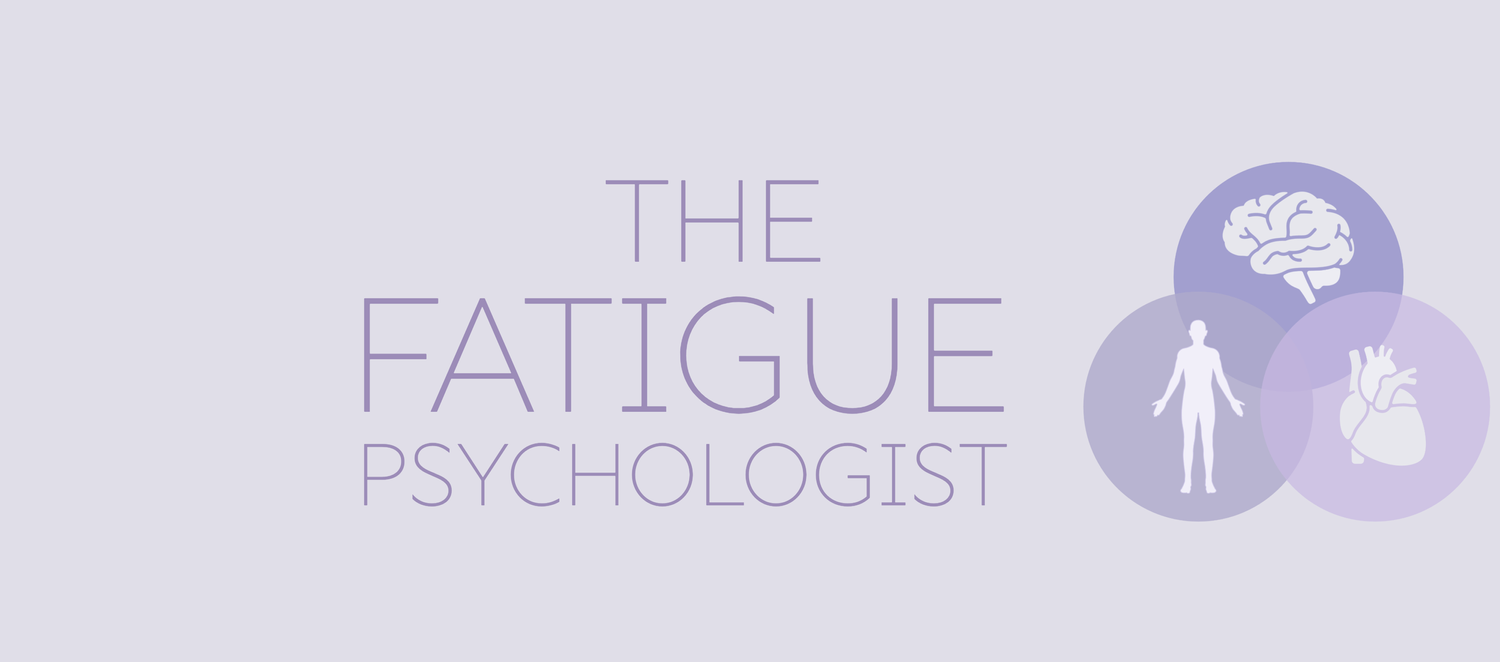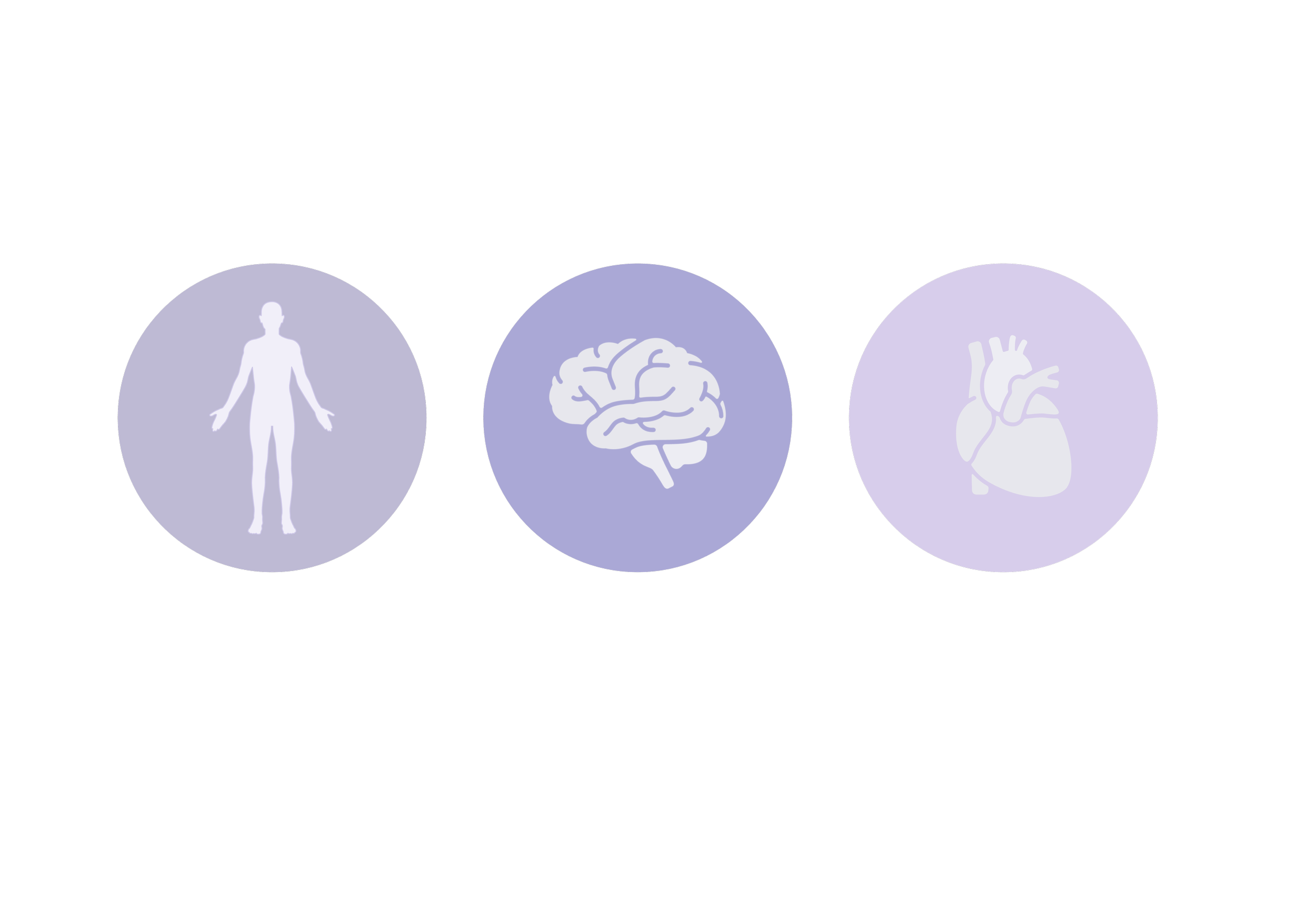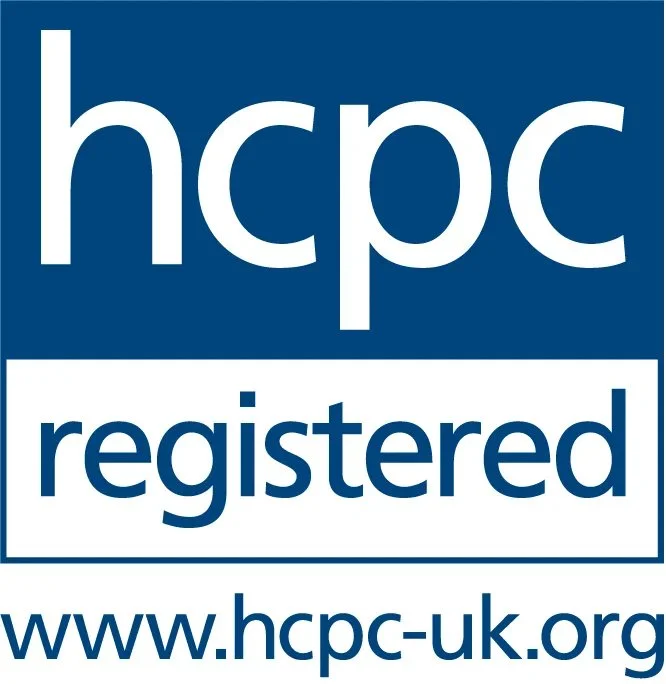CHARTERED CLINICAL PSYCHOLOGIST SPECIALISING IN ME/CFS, LONG COVID, FIBROMYALGIA & BURNOUT
Are you struggling to navigate recovery from myalgic encephalomyelitis/ chronic fatigue syndrome (ME/CFS), long covid, fibromyalgia or burnout?
Your physical symptoms are real. They aren’t in your head.
Recovery is possible. And psychology can help!
Hi, I’m Dr. Jake Hollis, PsychD
I am a clinical psychologist based in Brighton, England. I fully recovered from ME/CFS and long covid after living with these conditions for five years. At my worst, I was housebound and barely functioning for many months. I was unable to work for a year. It was the hardest time in my life, by far.
I understand that the idea of working with a clinical psychologist to help your recovery from a physical health condition might seem a little odd, initially. However, as a clinical psychologist, I am trained at doctoral level to understand health difficulties as being shaped by a combination of biological, psychological and social factors.
I work with my clients in a cutting edge way that combines the latest research from neuroscience and psychoneuroimmunology with emotion-focused, experiential psychotherapies.
By working with your psychology, we can influence your brain and wider nervous system to become more flexible and balanced. This in turn can aid regulation in several other bodily systems including the immune system, the endocrine (hormonal) system and the gut-microbiome.
“There should be absolutely no shame or stigma in using the power of the brain to relieve the symptoms of long covid. We already know that the state of our mind and nervous system can powerfully influence the immune system and contribute to a hyperactive defence system. A well-targeted psychological therapy with a clued-up, understanding clinician is, ultimately, a powerful biological treatment.”
Dr. Monty Lyman, author of The Immune Mind.
Below, I offer answers to key questions that you may have on stumbling across my site. I hope this might help you to see why the approach I take is so relevant when recovering from a fatigue-related chronic illness.
You may be wondering…
-
Fatigue-related health conditions like ME/CFS, long covid and fibromyalgia are not well understood medically. One reason for this is that the medical model tends to assume that illnesses must have a single biological cause. If you are living with one of these conditions, your GP may have done numerous blood tests and other examinations, only for the results all to come back normal.
Medicine is also extremely specialised. After your GP was unable to find a cause for your symptoms, they may have sent you to different specialists. You may have been from neurologist to endocrinologist, to immunologist, to rheumatologist - with each specialist ruling out their area as being able to explain your illness.
These medical approaches are not bad. In fact, they are miraculously effective at treating acute illnesses with specific biological causes. However, a different approach is required if we are to understand and treat fatigue-related conditions and many other chronic illnesses.
See my blog post on Psychology Today to learn more on this subject.
-
In addition to fatigue, conditions like ME/CFS, long covid and fibromyalgia come with a dizzying constellation of symptoms, including:
brain fog;
post-exertional malaise;
breathing difficulties;
diarrhoea;
muscle pain;
nausea;
sleep difficulties.
These symptoms span various important systems across the body, including:
the brain and wider nervous system;
the immune system;
the respiratory system;
the digestive system;
the metabolic system;
body temperature regulation;
sleep regulation.
Instead of having one single biological cause, it makes sense that these multi-faceted conditions are the result of a wider state of imbalance in the entire organism.
Rather than showing permanent damage to particular organs (which should have shown up in test results), it is just as plausible that these symptoms show that the body is out of balance, and not functioning as it should be.
-
Put simply, an imbalanced environment. For our bodies to stay in balance - or in scientific language, homeostasis - we need reasonably stable conditions over time. In the short term, the human body is incredibly effective at dealing with dangerous or stressful situations. But when we have to deal with stressful situations that don’t end, the body becomes increasingly fatigued, and it will struggle to keep body functions ticking along.
Eventually, the body falls out of balance, or in scientific language, it falls into dyshomeostasis. This wider state of imbalance helps explain the long list of symptoms that come with these conditions.
It is very common that people who become unwell with ME/CFS, long covid and fibromyalgia have been carrying unsustainable amounts of stress in their lives during the weeks, months or even years before they become unwell. It is also common for people not to realise this until their body makes it impossible to ignore.
See my blog post on Psychology Today to learn more on this subject.
-
Many people find that their symptoms start after a viral infection like covid or glandular fever (a.k.a. mononucleosis). It is important to remember that viruses are also forms of stress on the body. On the back of chronic stress, the immune system is likely already in a state of chronic inflammation. For people whose bodies are already depleted due to other stressors in their lives, a viral infection might act as the straw that breaks the camel's back.
-
Hopefully, the idea of an imbalance across the organism makes sense as a way of understanding your condition. If an imbalanced environment and unsustainable chronic stress are responsible for your illness, then surely changing your environment and reducing the stress in your life should be enough to recover, right?
For many people, making changes in their lives to reduce stress does make a huge positive difference to their health. However, many people find that even after making major changes in their lifestyles, their symptoms come back pretty soon after they try and live something like a “normal” life again.
Exciting research from neuroscience and beyond helps us to understand that the brain and nervous system become extremely sensitive in conditions like these. This leads us to experience symptoms even when our body should be able to handle the situation. Therefore, an important part of recovery for many people is creating the conditions for the brain and nervous system to learn that these situations are no longer too much for us. In scientific terms we might talk about reducing central sensitisation and promoting allostatic self-efficacy.
That’s a lot of information! I hope I didn’t overload you, but I wanted to offer you an overview of how I make sense of ME/CFS, long Covid, fibromyalgia and related conditions. In particular, I wanted to show you that the approach I take is informed by the latest scientific research.
To learn more, check out my blog on the Psychology Today website.
Do these ideas resonate for you? Are you interested to learn more? Have a read below and see how I can help you.
I can help you to…
-
I know from personal experience that living with fatigue-related conditions can rapidly breed despair, overwhelm, rage and hopelessness. We can be gaslit and stigmatised by others. We may lose our jobs, our social roles and our very sense of who we are. This can be deeply isolating and traumatic. Just getting through the day with chronic fatigue can feel like a gruelling, lonely battle.
It can be incredibly powerful to have a space to express exactly how hard this is. What’s more, feeling seen and understood by another person who actually gets it can aid healing! It can help our nervous system come into greater balance through a process called “co-regulation”.
-
Most of us tend to have an "inner critic" - or a part of us that gives us a hard time about things. I know I do.
Has your inner critic become awfully loud since you became unwell? Does it criticise you for not being able to do the things you used to do, for letting people down or for having crashes and flare-ups?
Drawing on Compassion Focused Therapy (CFT), we can support you to be kinder to yourself. This can help you to learn how to detach from your inner critic, and instead learn to treat yourself as you might a close friend. Learning to treat yourself with kindness can help the body to shift out of “threat mode” and into a healing state.
-
Fatigue-related conditions are not well understood in medical terms. However, drawing on research across scientific disciplines, we can build a shared understanding of some of the possible biological, psychological and social factors which may be playing a role in your illness.
This commonly means looking at the stress that you have been carrying in your body and the demands you have been placing on yourself. Stress is fatiguing, and fatigue is stressful. Building a coherent understanding of what is happening in your body can make it much easier for you to do what matters to reverse this vicious cycle.
-
When you are living with a fatigue-related condition, you may feel like your body is failing you. The dizzying array of symptoms you experience can be deeply unpleasant, and so you may understandably try to avoid them in any way you can. This response can send signals to your brain that your symptoms are dangerous. This ramps up your nervous system’s threat response and can cause symptoms to intensify. It's a bit like pouring petrol on the fire.
Paradoxically, accepting your symptoms right now can make it easier for them to fade away in future. Drawing from the latest neuroscience research, Pain Reprocessing Therapy (PRT), Acceptance and Commitment Therapy (ACT), and somatic psychotherapies, we can support you to learn to live in your body - even when it isn’t a pleasant place to be.
Over time, practices to drop the struggle with difficult symptoms can help enormously. This is a bit like slowly depriving the fire of oxygen.
-
Do you find that small things can trigger you much more easily than before you got ill? People, places, situations, noises, and lights that once would have been totally manageable for you can be enough to cause a flare up of symptoms.
When you have a fatigue-related illness, your capacity to tolerate stimulation and activity becomes very small. Learning to live within these limits is hard. However, gradually nudging our brain and nervous system to feel safe doing more, enables us to expand this "window of tolerance". Over time, we can move back into the world with more confidence and begin to reclaim our lives.
-
No two paths out of the prison of chronic fatigue are quite the same. On your journey, you will need to take many thousands of small, repetitive steps that inch you towards your recovery. Your particular steps will be unique to you - whether this involves doing gentle yoga, setting boundaries with other people, changing your diet, meditating, journalling, taking rests between tasks, changing your sleep routine, doing things that bring you joy, or any number of other activities.
Doing what matters for your health, again and again, in the midst of very difficult thoughts, feelings and symptoms, is exceptionally difficult. Drawing on Acceptance and Commitment Therapy (ACT), we can help you to move through the storm, even when it is raging, one step at a time.
-
On our journey together, we may explore the "parts" of you which could be getting in the way of your recovery. These may include any tendencies you may have to be self-sacrificing, people-pleasing, hyper-responsible, relentlessly striving and perfectionistic.
Drawing on “parts work” in experiential psychotherapies, such as Internal Family Systems (IFS) and Coherence Therapy, we can get to know these parts of you, and explore how they got their roles. By befriending these parts and understanding how they are trying to protect you, we can unburden them of these more rigid ways of behaving. This can free up significant energy for you to live the kind of life that you want for yourself.
-
Many people with fatigue-related conditions have learned to “stuff” their emotions. One research study even found that people with ME/CFS were more likely to suppress their emotions than people without fatigue. However, the study also found that despite suppressing their emotions, the participants with ME/CFS experienced more distress and their nervous systems became more activated. This higher nervous system activation is likely to contribute to fatigue and other symptoms.
In our work together, we can explore whether you are someone who tends to bottle up your emotions. Drawing on Emotional Awareness and Expression Therapy (EAET), we can support you to begin to find new, healthy ways of noticing, naming and expressing your emotions.
This might be through directly communicating how you feel with others, or finding creative ways of connecting with your feelings, like journalling or making art. In doing so, we can support you to acknowledge difficult thoughts and feelings, without letting them take control.
-
For some people living with fatigue-related conditions, the weight of past adverse or traumatic life events can keep their nervous system stuck in an energy draining “threat mode”. This makes sense, since when we haven't been able to process trauma, the body hasn’t had the chance to learn that it is now safe.
Working through traumatic experiences from the past can help fatigue recovery by allowing your nervous system to shift from an energy-draining “threat mode” into a profoundly healing “rest and restore mode”.
If this feels relevant to you, we can make use of trauma-focused psychotherapies to help your mind and body to process adverse experiences or traumas. The trauma-focused psychotherapies I use include Eye Movement Desensitisation and Reprocessing (EMDR), Narrative Exposure Therapy (NET) and somatic psychotherapies.
-
Many of us find that we learn some powerful lessons on our journey of illness and recovery. In particular, we may come to realise that certain aspects of our lives before we got ill were unsustainable. This may have been true of our relationships, our work, or our expectations of ourselves.
As we get stronger and move back into the world, we are naturally relieved to have moved through the worst of the physical symptoms. And yet, we may also find ourselves facing new challenges around how to build a life that is sustainable.
Drawing on psychological concepts such as post-traumatic growth and the “true self”, an important part of our work together might involve supporting you to more closely align your life to your values. This can create important foundations on which you can build a more authentic, meaningful and nourishing life moving forward.
Work with me
Free 15-minute consultation
Meet with me online for a free 15-minute consultation, to discuss how I can help you. A great, no-commitment way of seeing if working together feels like a good fit.
30-minute online psychology sessions
I understand that 50 minutes may initially feel more than you can handle. If so, we can start with 30-minute psychology sessions.
£70
50-minute online psychology sessions
Meet with me online for regular 50-minute psychology sessions. We will work together to move towards your health goals.
£120
Online course
Coming soon: an online course covering the essentials of recovery from ME/CFS and long Covid. Register your interest here.











